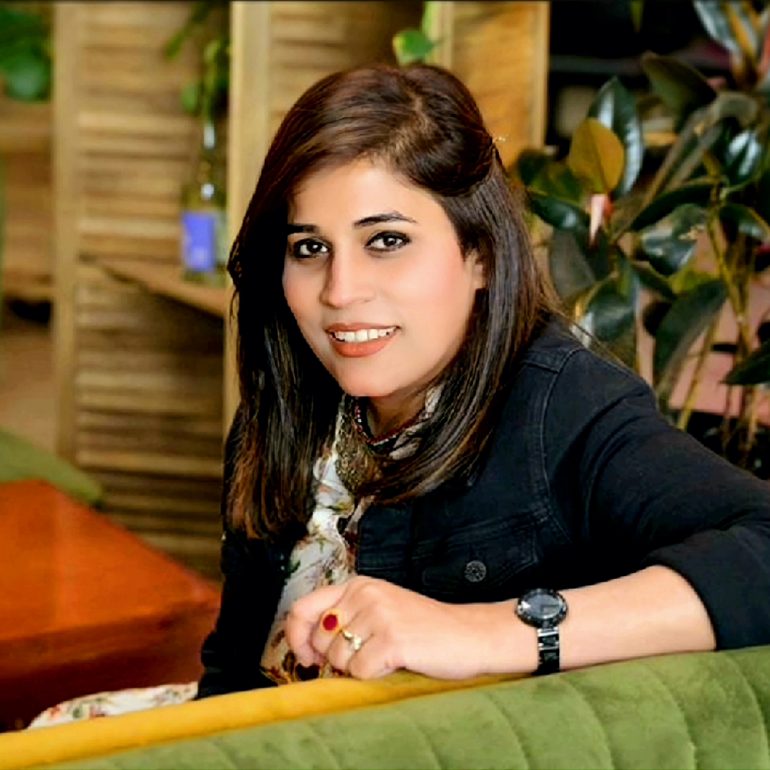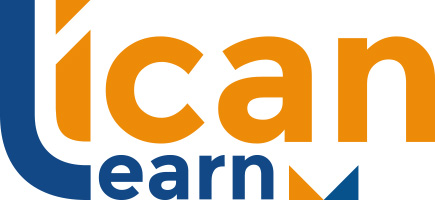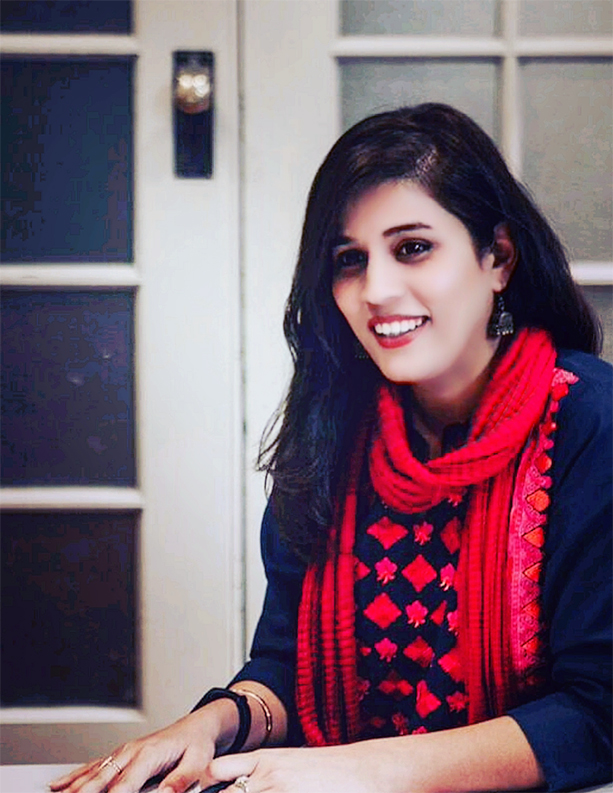
Celebrating International Women’s Day on 8 March was great timing to catch up with Shazia Syed, ICAN Learn graduate, and passionate women’s advocate, to see what she’s been up to since graduating in 2020.
So much has happened since my last interview. 2020 was a big year for me – I graduated from ICAN Learn and CBA’s Multicultural Diploma of Financial Counseling Scholarship and had my baby daughter one month later! I thought I would need to take time off to look after her, but suddenly COVID hit and we were all working from home, so I could do both. I achieved a lot during that time, and it showed me that as women and mothers, we can work from home and still do amazing things for our community.
As an immigrant, I’m passionate about celebrating women of diversity. I want every woman to have the same opportunities that I’ve had. I really wanted to be part of this sector, so completing the Diploma of Financial Counselling gave me the skills I needed to advocate for others and ensure they had access to the right services and information that would improve their lives. The Diploma also included the Financial Literacy Skill Set. Financial capability and wellbeing is a career in itself, and I use the information I learned in the financial literacy education course every day.
I currently split my time between two important projects, as Health Promotion Officer/Financial Capability/Content Manager with Women’s Health In The North (WHIN) Let’s Talk’ Money project; and at Juno as an EMpower (Economic Mobility Power) coach. I’ve also developed a series of study design books for children in my language of Urdu, which is published by the Victorian School of Languages and used in classes across Victoria.
Financial Pressures
Many immigrants have already faced trauma and can quickly become isolated, especially when language barriers come into play. Due to cultural obligations, people can face the additional financial pressure of supporting two families – their family in Australia and their family back home.
It’s not always about sending money back either. It may take the form of purchasing electronic or household items to send to siblings, parents, or other family members; often purchased on credit.
In Australia, it’s easier to get credit than it is to secure a basic need, like housing. People new to this country don’t understand our credit system or their financial rights, like having an interpreter help them understand a contract they’re about to sign. Financial pressure can lead to more trauma, including domestic or financial abuse.
Community Support
Having more Financial Counsellors and Financial Capability Workers in the sector from different cultural backgrounds provides education and support to the wider community.
Having more women in the sector would also encourage other women to seek help. Women from diverse backgrounds are particularly vulnerable as they can be very shy about seeking help, especially if there’s a language barrier. It’s very easy for them to end up homeless. My aim is to empower women and to see them in paid work, they do enough unpaid work at home.
Two of my own clients are now financial capability workers, educating and giving hope to other women. One has just become a team leader; the other is working for a large organisation. They have overcome disability and family violence to create new lives for themselves after realising their own power and worth. It’s amazing to see their transformation.
From my experience as an educator, community leaders would also benefit from completing the financial literacy skillset to support their communities. Most leaders are unaware of what support is available, like the utility relief grant, or local financial counseling and financial capability services offered free of charge. It’s a powerful way to help the people in their community.
I feel very proud of being a woman, to be thriving, and to be empowering others like me. I’m learning so many amazing things about the community sector, including the opportunities it provides to start a new chapter in life. I’m so grateful for the opportunities afforded to me since moving to Australia. As women, if we want to do something, we have the right to do it. With the right education, we can do so much.
View the EMpower coaching program here: EMPower_Flyer__2022 (juno.org.au)



